The Decline of Low-Cost Carriers: What’s Behind It?
Budget airlines in the US are experiencing significant cost increases and are unable to raise revenue due to heightened competition from legacy carriers
February 23, 2024
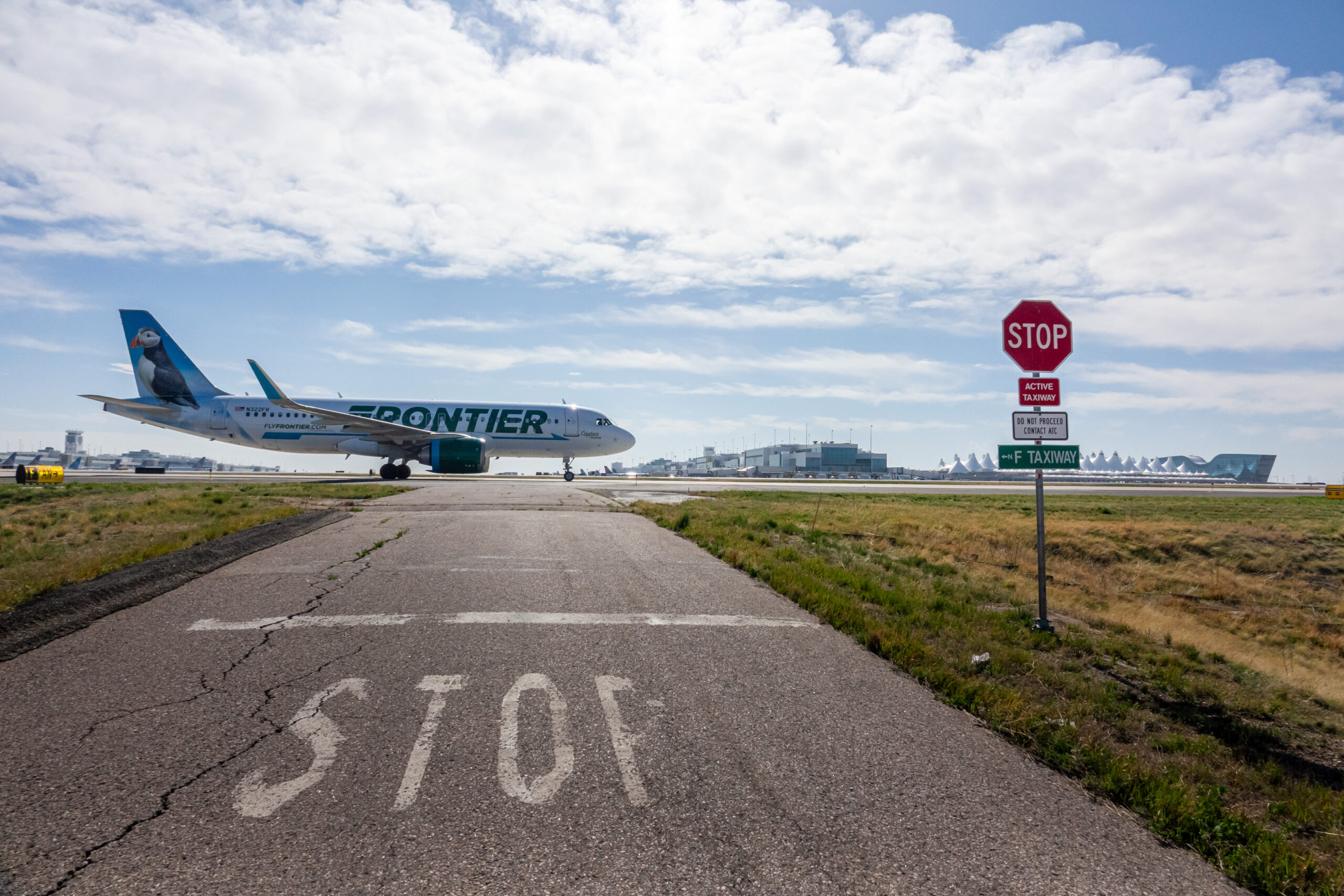
Photo: Frontier, Airbus A320neo. Courtesy of Denver International Airport.
Are low-cost carriers (LCCs) in trouble? United Airlines CEO Scott Kirby thinks so. In a LinkedIn post announcing United’s $1.5 billion pre-tax profit for the third quarter of 2023, Kirby aimed directly at low-cost rivals like Southwest Airlines, JetBlue, and Frontier.
“The lowest margin airlines are the so-called low-cost carriers, and that’s where I think the changes are going to occur,” Kirby said.
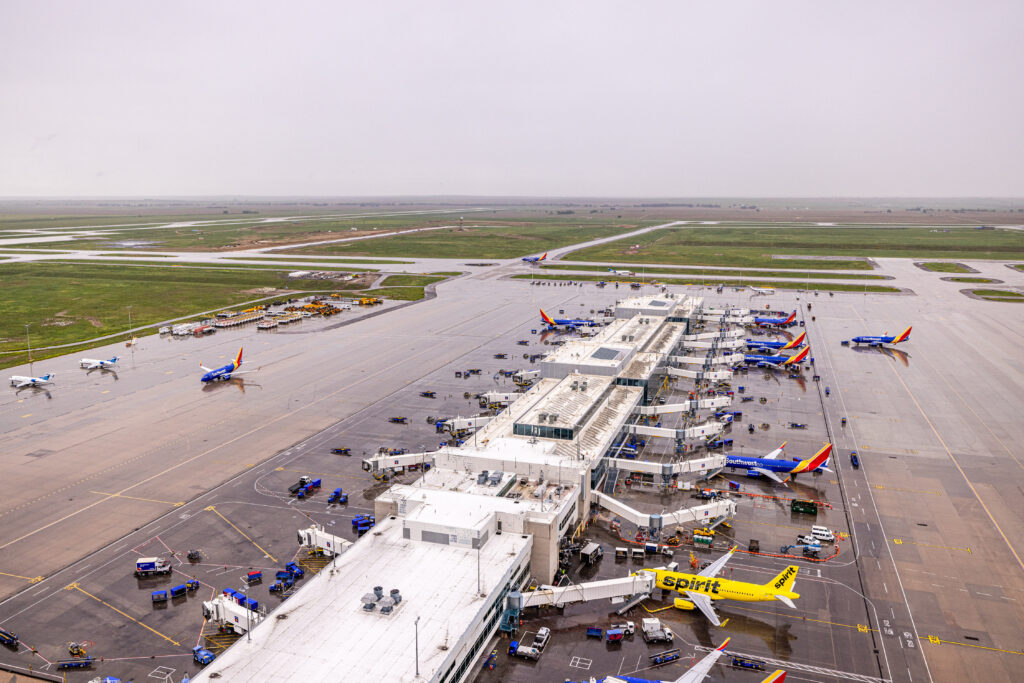
Photo: Courtesy of Denver International Airport.
Kirby’s assessment of the state of the US airline industry represents a stunning reversal of a nearly 40-year trend. Since the US airline industry was deregulated in 1978, the only segment of the US airline industry that has consistently made profits is LCCs. In the 1970s, PSA and Southwest pioneered a no-frills service offering with deeply discounted ticket prices.
USAir eventually acquired PSA in 1986 and merged into a full-service carrier. But Southwest grew from humble origins in the State of Texas to become the third largest US airline, serving more than 150 million passengers in 2022 with a fleet of 800+ aircraft.
Along the way, it achieved 47 straight years of profitability, with the streak only ending in 2020 due to the COVID-19 pandemic.
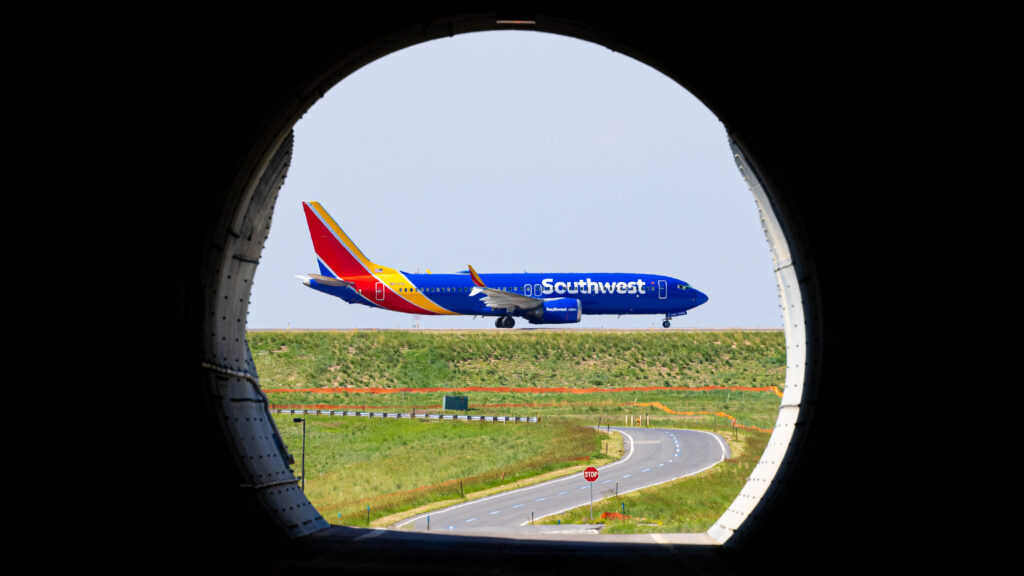
Photo: Courtesy of Denver International Airport.
Southwest’s success has spawned a slew of imitators, including Spirit, Allegiant, and Frontier. Globally, LCCs like Ryanair in Europe and IndiGo in India have achieved market leadership by emulating Southwest.
But in the US, LCCs are struggling.
In Q3 2023, United and Delta made $1.5 billion in pre-tax profits. Although Southwest made a $237 million profit, other LCCs like Allegiant, Frontier, JetBlue, Hawaiian Airlines, and Spirit reported losses despite being peak season for air travel demand in the US.
So, what is behind this reversal of fortunes for discount airlines?
The most significant factor is the ongoing shortage of US pilots. The US introduced a 1,500-hour flight time regulation in 2009 for commercial pilot certification after the Colgan Air 3407 crash. This rule has reduced the supply of airline pilots in the US, resulting in higher wages and operating costs for low-cost carriers.
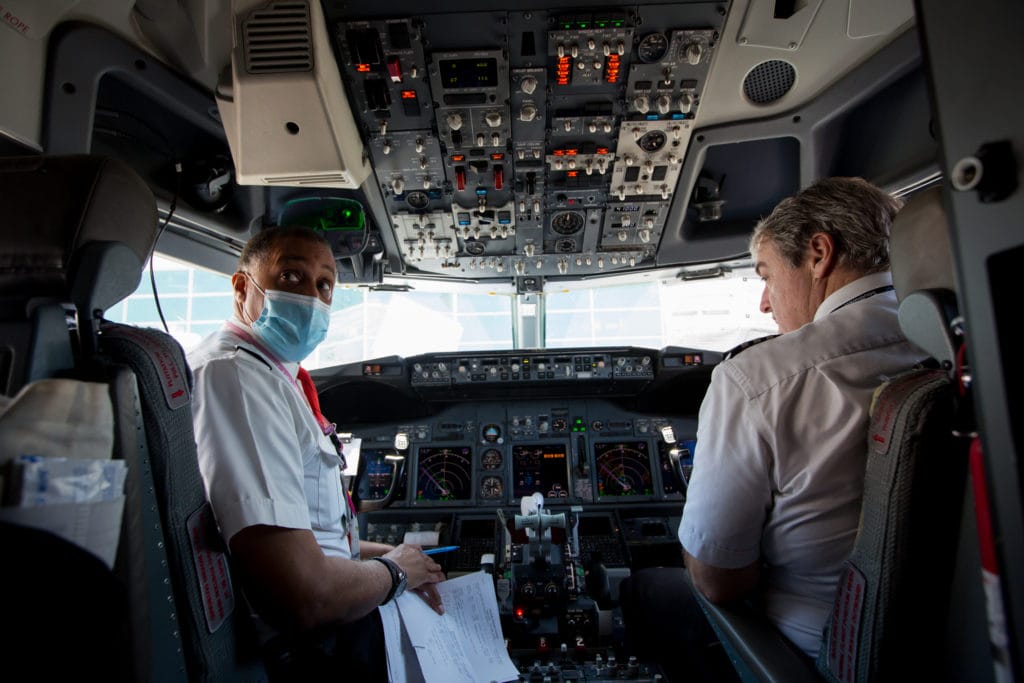
Photo: Southwest Airlines pilots. Courtesy of Southwest Airlines / Stephen M. Keller, 2020
Historically, LCCs reduced labor costs by offering lower wages than legacy carriers and hiring pilots with less experience. But now, they’re all competing for the same limited pool of pilots, and wages have risen. For example, Minneapolis-based LCC Sun Country saw its highest-paid pilot make $750,000 last year, according to The Airline Observer
LCCs have traditionally relied on growth to lower their costs and ticket prices. By expanding at more than 10 percent per year, they could spread their fixed expenses over more flights, which helped reduce fares.
However, in the aftermath of the pandemic, achieving strong growth has become increasingly challenging. Furthermore, the inability of Airbus and Boeing to deliver sufficient new aircraft, understaffing in air traffic control towers, and a shortage of pilots have all created operational difficulties for LCCs.
The final shift has become quite competitive. There has been a significant increase in the capacity of US domestic markets between 2021 and 2023, which has negatively impacted the profitability of LCCs. However, United and Delta have made most of their money by focusing on international flights this year.
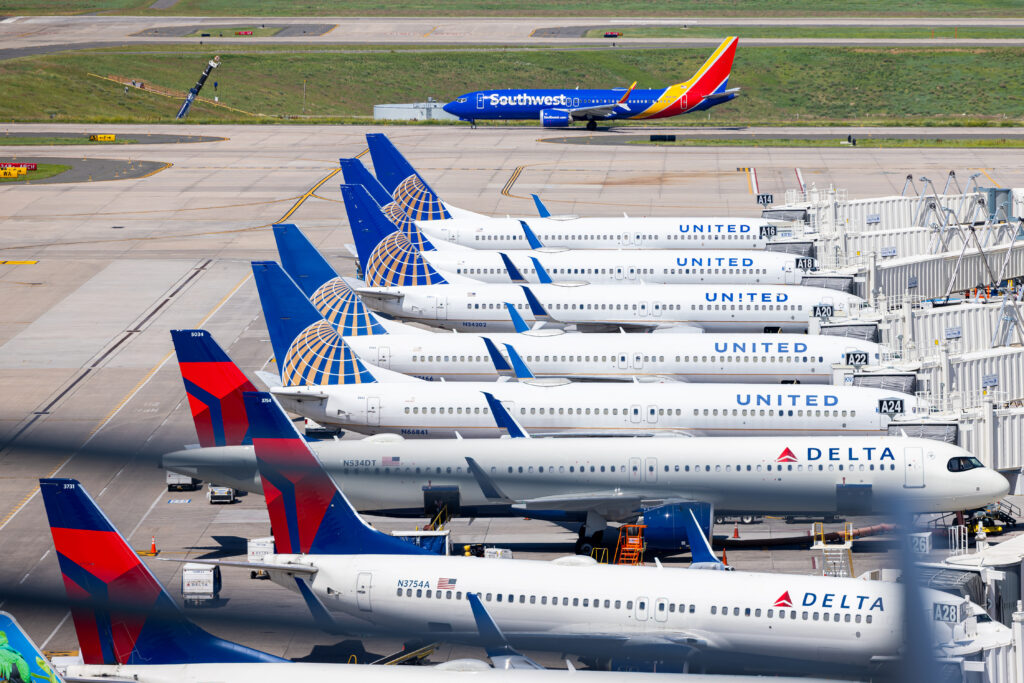
Photo: Courtesy of Denver International Airport.
But United and Delta have also improved at competing with domestic LCCs by adopting multi-tier pricing structures (Basic Economy) and reducing costs with densely-configured new aircraft like the Boeing 737 MAX 9 and Airbus A321neo.
LCCs are facing a significant cost increase and cannot increase their revenue due to the rise of competition. Indeed, there will always be a demand for LCC tickets since passengers seek low fares.
However, Scott Kirby, the CEO of United, believes that providing customers with real choices is the key to profitability. This includes offering basic economy tickets, which allows them to compete profitably on the low end of the market. Kirby also argues that customers are willing to pay more for a better experience and value.
Therefore, it is uncertain whether LCCs can still profit by catering to those passengers in the United States.




